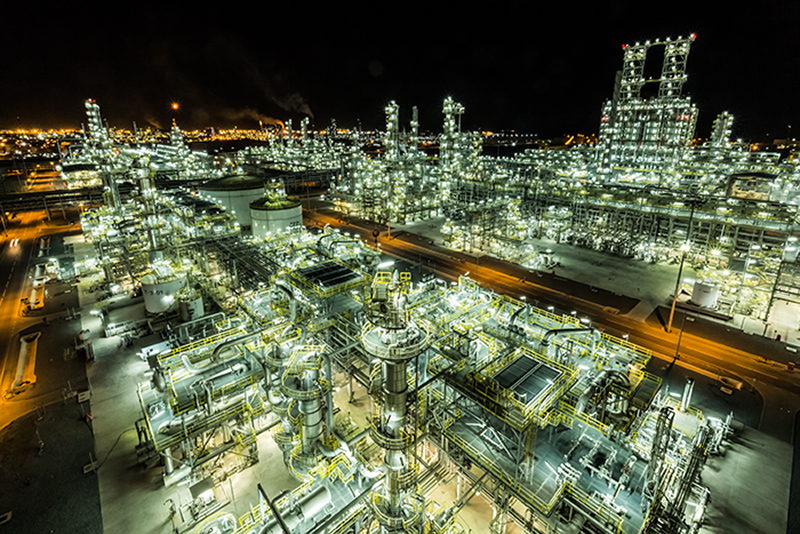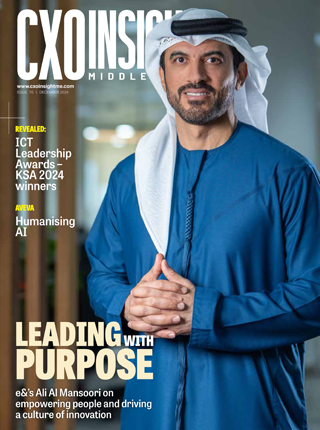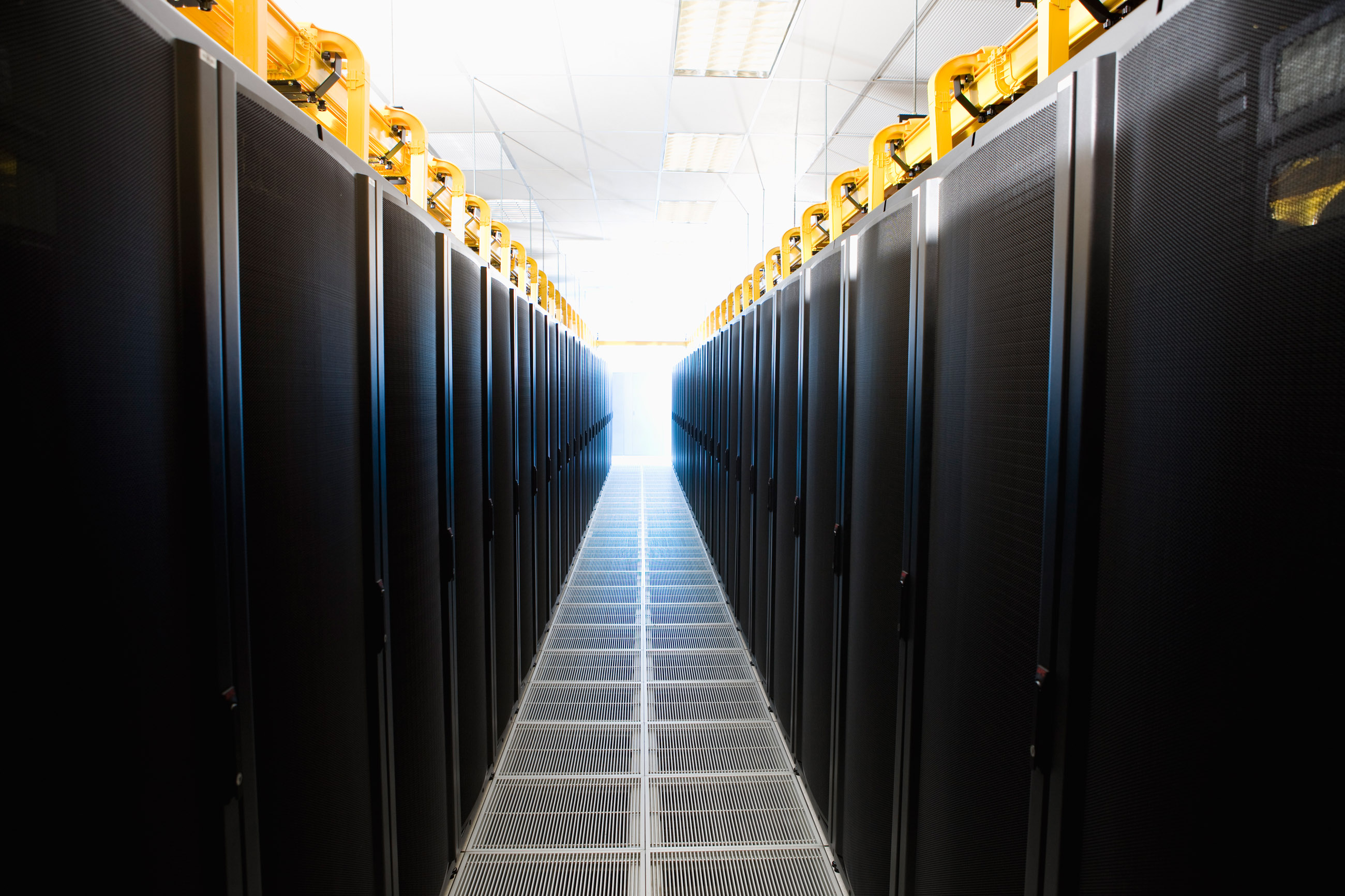Microsoft has announced that the international energy service provider Petrofac has chosen Azure’s Internet of Things for its Connected Construction platform designed to accelerate digital transformation at its project worksites.
“Microsoft’s mission is to empower every individual and organisation on the planet to achieve more,” said Sayed Hashish, General Manager, Microsoft UAE. “Petrofac serves some of the largest oil, gas and renewable energy companies in the world and is known as a leader in its segment. The company is well underway with its digital transformation journey. Its potential to engage customers, empower employees and optimize operations for assured and ultra-efficient service delivery has been accelerated by the power of the intelligent cloud and the intelligent edge.”
In conjunction with Accenture Industry X.0, Petrofac developed Connected Construction on Azure and combined it with Azure IoT Edge analytics and PaaS cloud components to create a scalable ecosystem capable of accommodating many different types and sizes of project.
“Petrofac designs, builds, operates and maintains energy facilities, supporting our customers to unlock more value across the life cycle of an asset,” said Fady Sleiman, Chief Digital Officer, Petrofac. “We’re future-proofing our business, combining technology with our engineering, construction and operations know-how to find new solutions to today’s challenges. With Microsoft and Accenture, we’ve created Connected Construction which tracks people, equipment and materials on site, enabling real-time insights and decision making which, in turn, improves performance.”
Azure’s IoT platform allows innovators to build rich, visual Internet of Things applications that connect, manage, and monitor devices securely and at scale. With the options to run SaaS or PaaS deployment models, solutions builders can deliver real edge intelligence to field operatives that allows better, data-driven decisions through machine learning and advanced analytics. Azure IoT Edge moves cloud analytics and custom business logic to devices for organisations that prioritise business insights over data management, allowing them to scale-out solutions by packaging heuristics into standard containers, deploying them to edge devices and monitoring everything from the cloud.
Following a significant surge in the demand for its cloud services in the region, Microsoft earlier this year launched its secure, flexible and intelligent cloud to regional customers through two dedicated cloud data centres, one in Dubai and one in Abu Dhabi. These facilities will cater specifically to enterprises in the Middle East. Organizations in the region’s energy sector can make the most out of the Microsoft Cloud by availing themselves of enterprise-grade reliability and performance, combined with data residency and the broadest compliance.










Discussion about this post